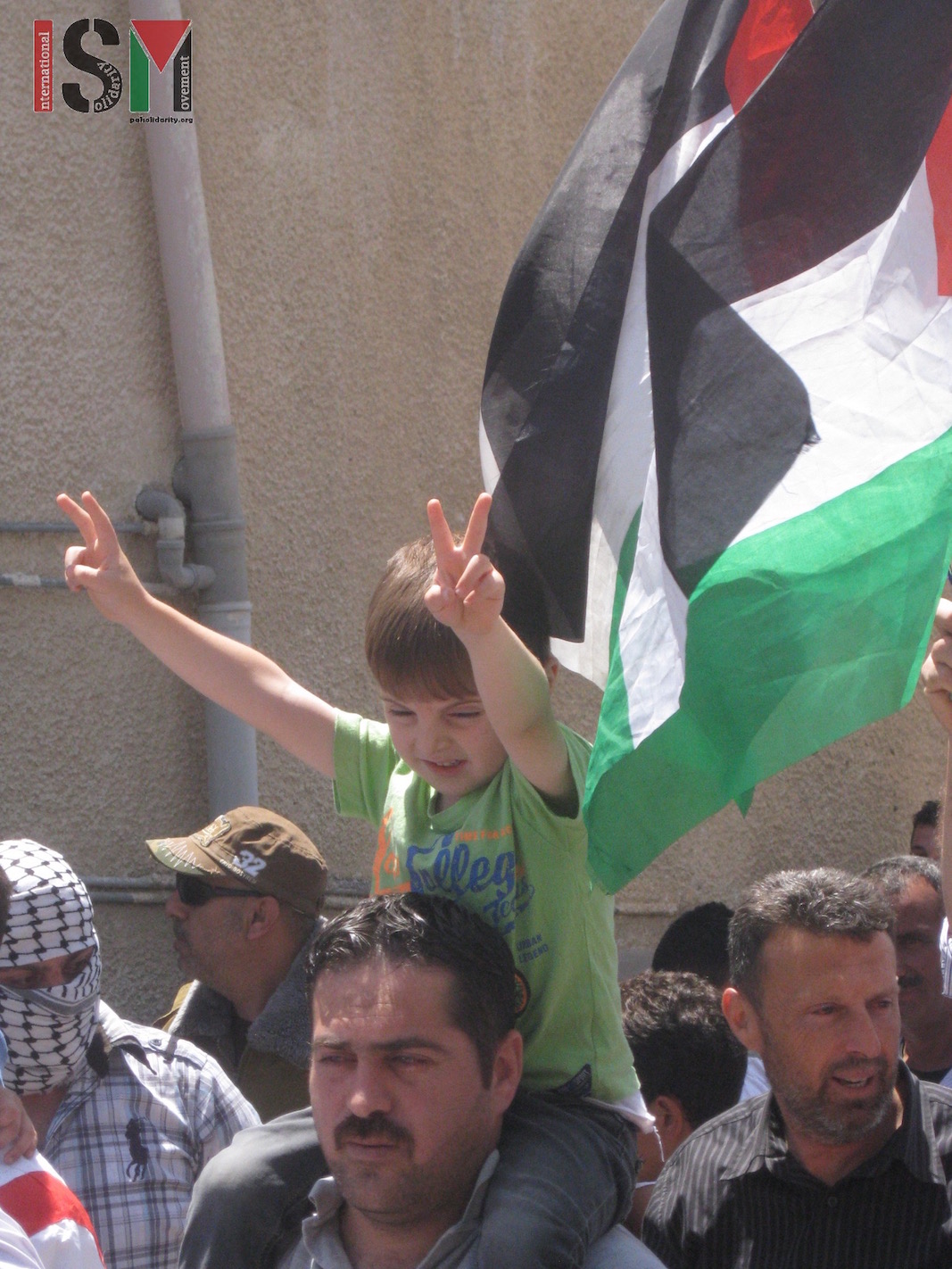Tag: Settlement
-
UN affects Kafr Qaddum’s demonstration
1st May 2015 | International Solidarity Movement, Huwwara Team | Kafr Qaddum, Occupied Palestine Today’s demonstration in Kafr Qaddum was met with live ammunition, rubber coated steal bullets, teargas and stun grenades. There was a large presence of Palestinian and international protestors. The Israeli forces shot two young men in the leg. UN observers were present. Before prayer…
-
South Hebron Hills – farming under occupation
27th April 2015 | International Solidarity Movement, Team Al Khalil | South Hebron Hills, Occupied Palestine Located in the tip of the West Bank, the South Hebron Hills are dotted with farming and shepherd communities. We are currently in the wheat harvest season and the children are spending their last few weeks at school before…
-
VIDEO: Children assaulted and 3 women arrested at Nabi Saleh demonstration
21st March 2015 | International Solidarity Movement, Ramallah Team | Nabi Saleh, Occupied Palestine Israeli forces arrested three women in Nabi Saleh and injured several protesters, one with live ammunition, during the village’s weekly Friday protest on March 13. The demonstration was met with the usual military violence as Israeli forces threw stun grenades and fired live ammunition at unarmed and peaceful protesters. After…



